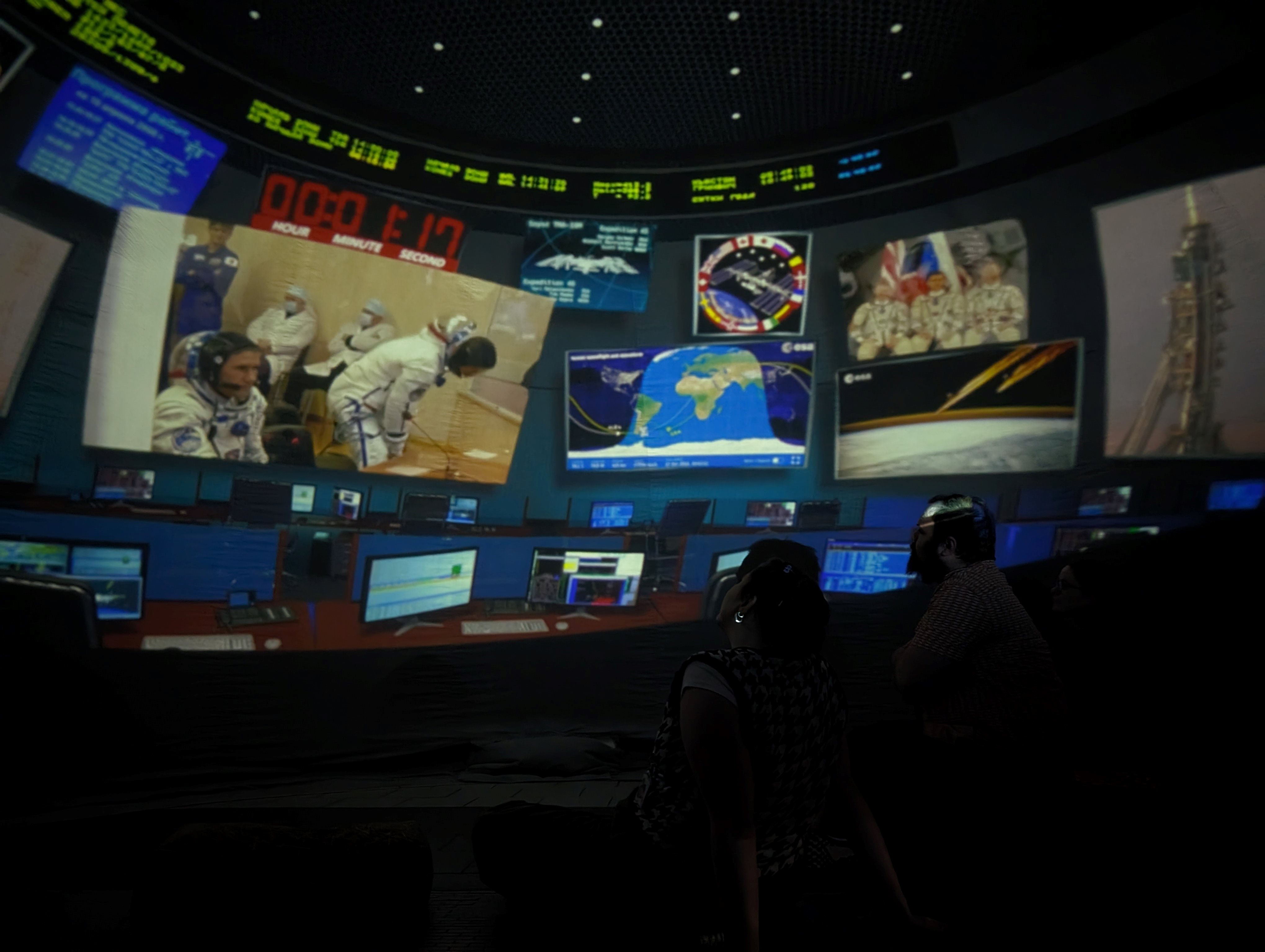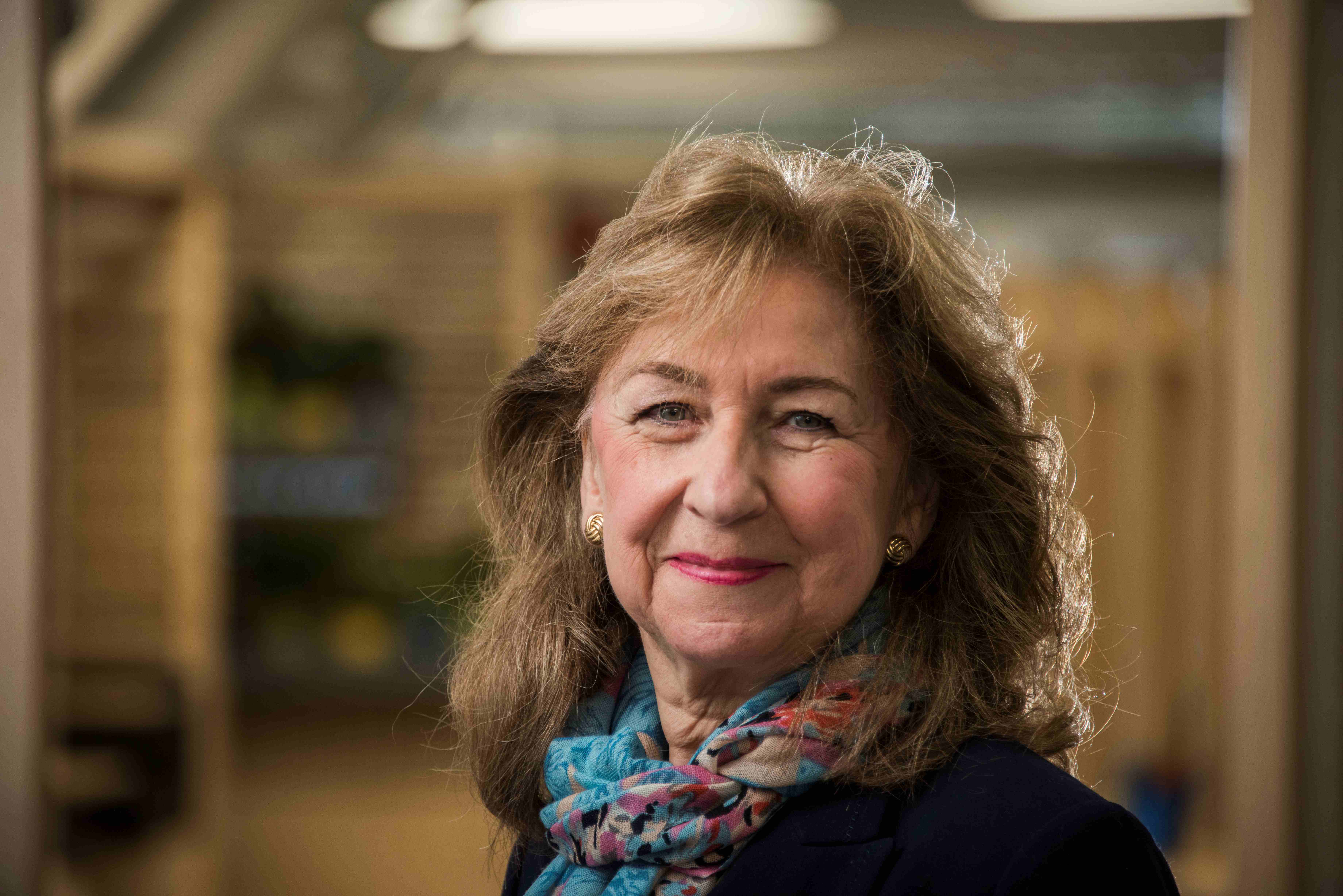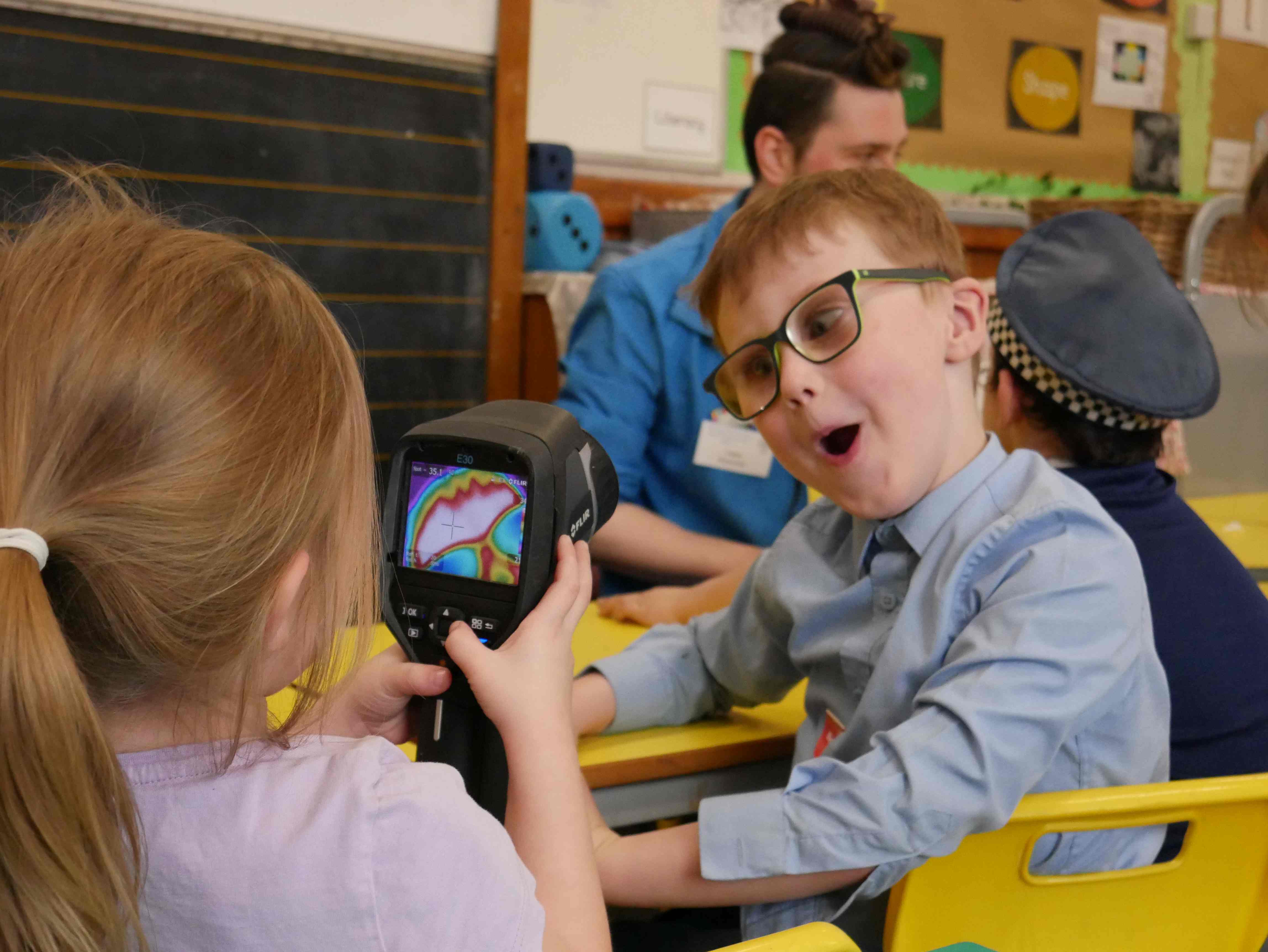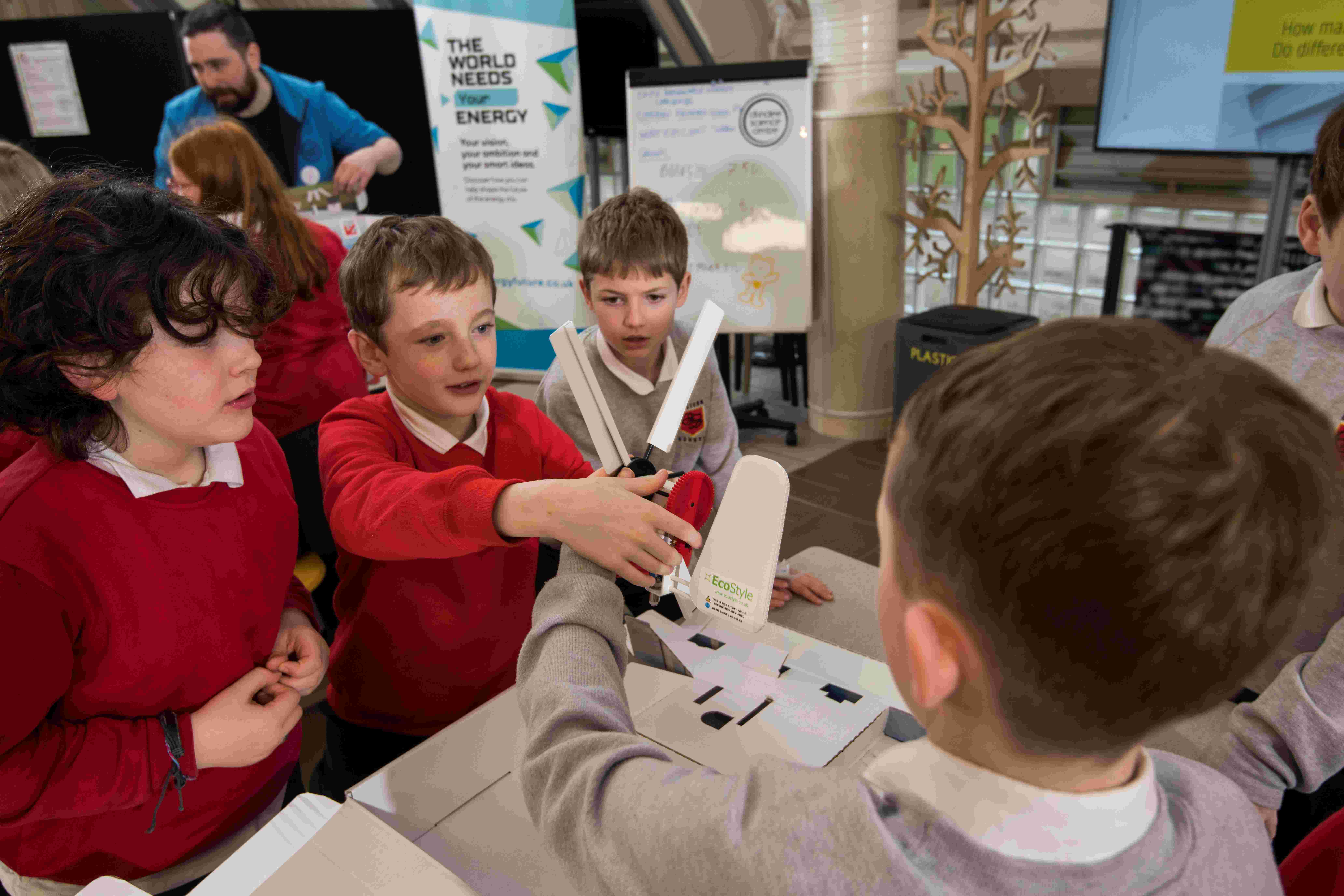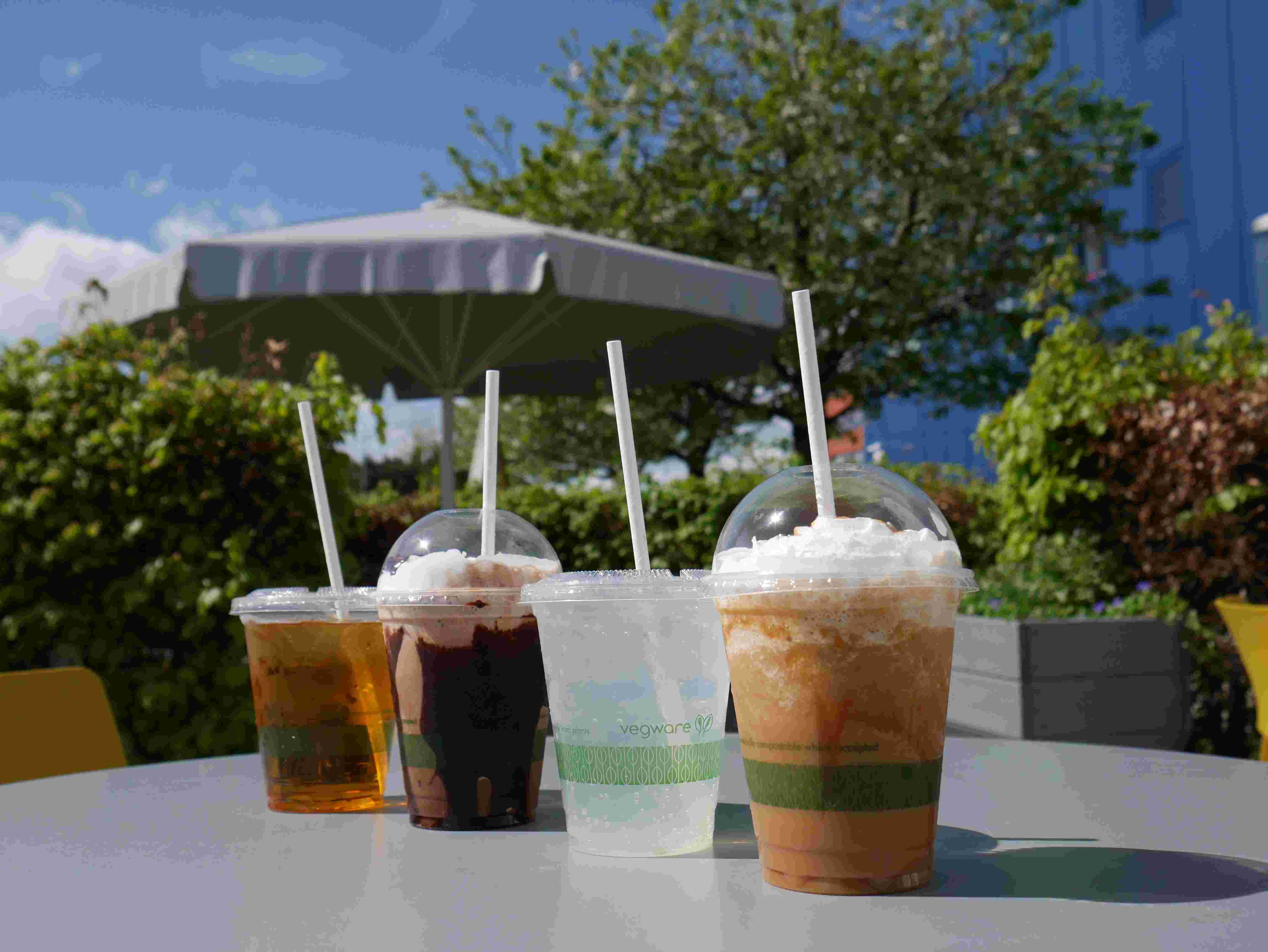Dundee Scientist Wins Prestigious Award for ‘Magnificent Microbes’
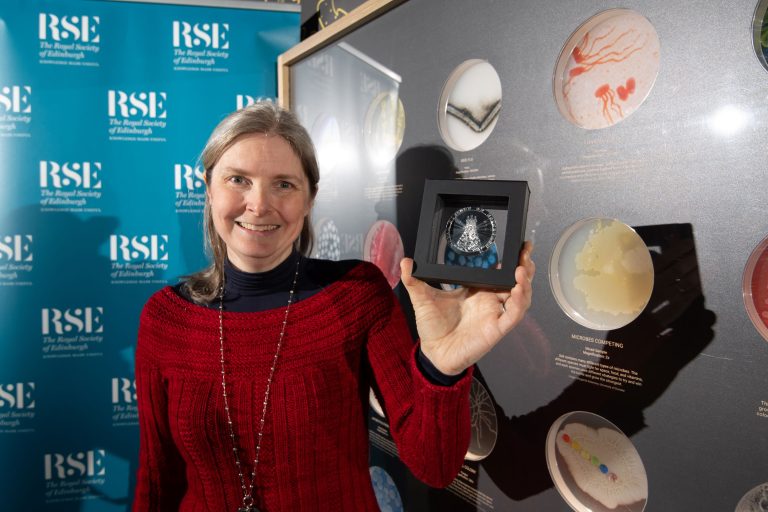
A Dundee microbiologist has won a prestigious award for sharing her knowledge with local schools.
Professor Nicola Stanley-Wall FRSE, Professor of Microbiology at the University of Dundee, was awarded the Royal Society of Edinburgh Senior Public Engagement Medal at Dundee Science Centre today.
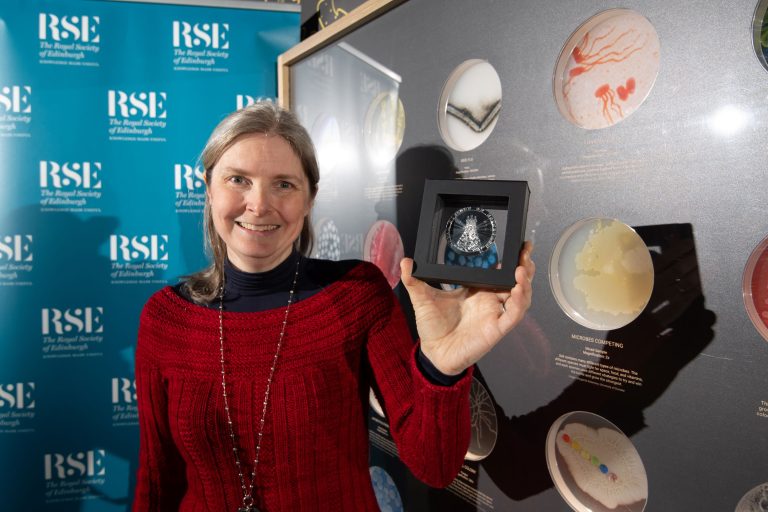
Professor Nicola Stanley-Wall at Dundee Science Centre today. Credit – Alan Richardson, Pix-AR.
Professor Stanley-Wall received the award from Professor Martin Hendry FRSE, in front of the Magnificent Microbes exhibit she helped create, which explores the tiny organisms found in everything from bacteria and viruses to fungi. In most cases, single microbes are too small to be seen with the naked eye, so are often overlooked and under-appreciated.
Today’s occasion was also enjoyed by pupils from both Camperdown and St Joseph’s RC Primary Schools who participated in a question-and-answer session and Microbe treasure trail with Professor Stanley-Wall.
Professor Stanley-Wall, a Fellow of the RSE, together with many other scientists and public engagement professionals from the University of Dundee, has worked with both school children and teachers to create classroom resources and co-created the Magnificent Microbes event in collaboration with Dundee Science Centre.
For Professor Stanley-Wall, her personal public engagement journey began in 2006, meeting school children through the RSE Talks in Schools programme.
As she continued to work more within schools, her preparedness and ability to engage with people grew. She added, “In 2010, we formed the Division of Molecular Microbiology, and I thought it would be nice to do something as a team and engage local schools with the research we do. We partnered with Dundee Science Centre and ran a two-day event called Magnificent Microbes. We focused on all the brilliant, largely unknown things that microbes do for our bodies and for the planet.
“Since then, we’ve run Magnificent Microbes every other year. Each time, we’ve updated what we do so we can share the latest research and make sure it’s relevant and well-tailored to our audiences.”
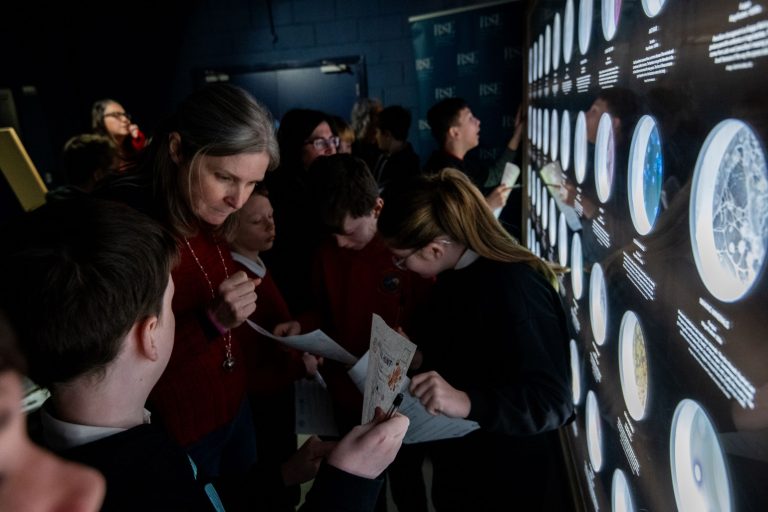
Dundee pupils exploring Magnificent Microbes! Credit – Alan Richardson, Pix-AR.
Microbiology can then be used as a tool to not only spark interest but also a way to teach pupils about a range of different topics.
Professor Stanley-Wall added, “There are all sorts of questions, and you have no idea where the people’s minds are going to take them, the topics can range from space to cancer to everyday life. I personally like to get people thinking about how they use the products made by microbes in the home. We can talk about how microbes help you digest food, how they help give you nutrients that your body can’t make or might be used in the breaking down of plastic in the environment. Microbes even make many of the antibiotics that are then used against bacterial infections.”
For more information about Dundee Science Centre’s schools programme, visit www.dundeesciencecentre.org.uk
